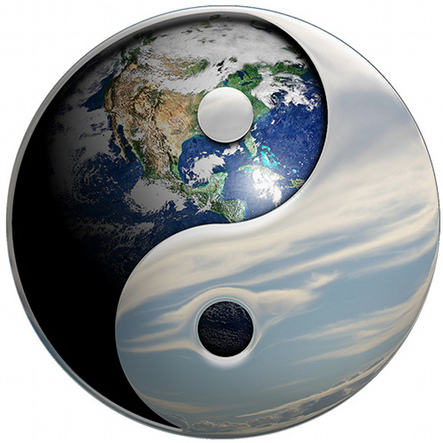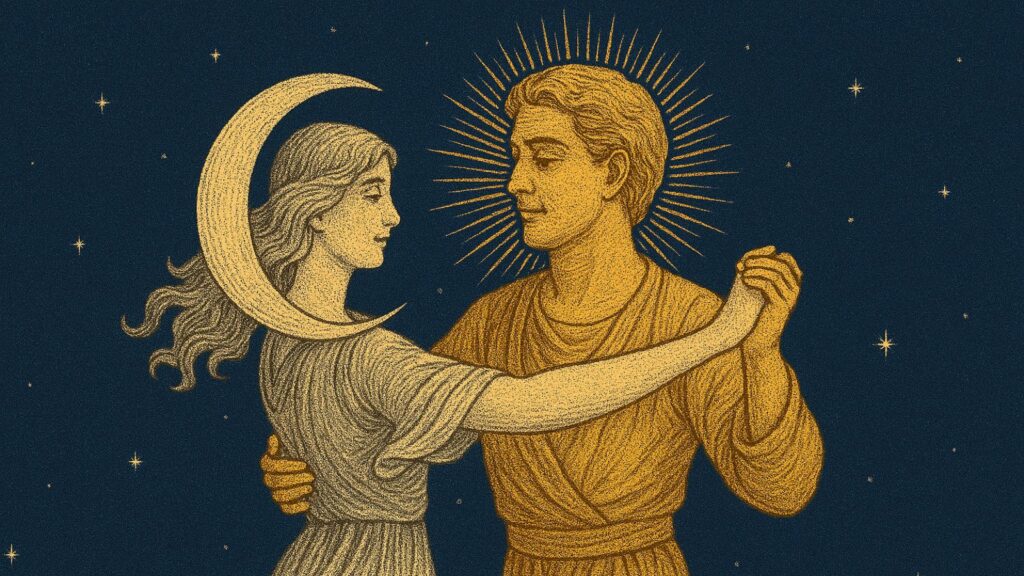I was recently asked to explore what I see as the value behind the controversial
"Dear Woman" video. "Dear Woman" may be described primarily as a
collective apology from the masculine to the feminine, for centuries of
subjugation and oppression. In the
piece, a few dozen men are intercut, speaking to camera, reciting a large
portion of Arjuna Ardagh and Gay Hendricks's "Manifesto for
Conscious Men." Comments associated with
the YouTube-posted video have been explosive.
Many men are appalled that other men would apologize for them, or for
men in general. Others attack the
sentiments in the video as something only a homosexual man would espouse.
Creators Arjuna and Gay spoke recently at the "The Ultimate Men's
Summit" online teleconference about the video.
In this discussion,
they revealed that the idea for the manifesto and the video originated during a
group healing session involving both sexes.
Arjuna spoke of a workshop he led at which individuals gave apology to
other individuals, not for wrongs they had committed, but for wrongs committed
by other people who would never be able or willing to provide an apology. The apologists may indeed have done a
similarly offensive act, but not against the individuals present.
At one point a woman stood up and said she had been raped by a group of
men as a teenage girl. In the many years
since, she had never been able to enjoy sexuality or trust men, despite giving
birth to two children with her husband.
None of the men in the room had raped anyone, and no one stood to
provide an apology. How could they? Eventually, Arjuna endeavored to dig deep and
uncover the energy inside of him that was capable of rape. He apologized to the woman. "I did this to you." One by one, as the woman wept, the other men stood
and apologized.
A year later Arjuna saw the woman again, and learned that this
experience had changed her life. She had
experienced a healing that otherwise was unavailable. This story is the basis of the "Dear Woman" collective
apology — an effort to begin a social healing process. And a lot of healing clearly is ahead of
us. The video and manifesto are bold
statements; its creators have been subject to a virtual stoning by scorn and
ridicule. As example of the latter, I
was recently directed to a tasteless Will Ferrell spoof
video.
My own thoughts about the "Dear Woman" video and the "Manifesto for
Conscious Men" are shaped largely by the work of two thinkers.
The first, Riane Eisler, is a Scandinavian-born, U.S.-trained lawyer
and economist. Her most recent book, The Real Wealth of Nations, explains that
brilliant thinkers, from Adam Smith to Karl Marx and beyond, have all failed to
produce political systems that function for the greater good of all precisely because
their models are all based on a flawed and destructive social artifact: the
"Domination" system. In Eisler's words,
societies adhering to the Domination system have the following "core
configuration":
-
top-down authoritarian control in the
family and state or tribe -
the subordination of the female half of humanity
to the male half -
the devaluation of caring, nonviolence and other
stereotypically "soft" values in women and men -
a high degree of institutionalized or built-in
fear, coercion, and violence
In contrast, societies adhering to what Eisler calls the "Partnership"
system would exhibit the following:
-
a more democratic organization in the
family and state or tribe -
the male and female halves of humanity are
equally valued -
values such as caring and nonviolence are highly
regarded in both women and men -
a low degree of institutionalized or built-in
fear, coercion, and violence
Interested readers can dig deeper into Eisler's conception of these two
"social categories" at her website. To me Eisler describes an appealing possible future
whereby our children can grow up in an environment that cultivates the highest
human potential, as opposed to being poisoned by a pervasive culture of "fear,
coercion, and violence," in the home and on the street. But her work makes it clear that, whatever
the fruits of transforming our global gender hierarchy, any such transformation
is going to be massive. We are not
talking merely about more civil rights legislation, but rather about
fundamental changes in how we contemplate gender, starting at the most basic
level: the family unit. The "Dear Woman"
backlash, to me, speaks to how major a transition we really face.
Another thinker, Charles Eisenstein, also speaks about an imminent transformation
in our collectively gendered identity.
In his essay, The
Testicular Age, he provides the following illustration:
Male or female, all of us embody all four of these
qualities [masculine Yin and Yang, and feminine Yin and Yang] to some extent.
For several thousand years though, it has been the masculine Yang and feminine
Yin that have dominated our understanding of what it is to be a man or a woman.
They have also created the civilization we know today…. We are on the cusp of a
civilizational transition greater than the fall of one civilization and the
rise of the next. We are about to create a whole different kind of
civilization. One way of understanding this shift is that we are moving toward
an age in which the masculine Yin and the feminine Yang will be in ascendancy. . . .
The testicles, lying quiet underneath the penis,
represent the masculine Yin. The testicles are the generative reservoirs of the
seed, the life-essence. Unlike the penis, which is given to occasional action,
the testicles' function of producing, storing and conserving harks to male Yin
qualities like patience, steadfastness, supportiveness, solidity, stability,
reliability, and resourcefulness. . . .
Just as the feminine Yin has complemented the male
Yang for the last few millennia, when the female Yang qualities come to the
fore in coming centuries, it will be the masculine Yin that supports and
sustains them. Already we begin to perceive the necessity of these testicular
qualities of conservation, regeneration, patience, forbearance, and
steadfastness. As the collective Female of humanity and the planet bear down in
this emergency to birth us into the future, the collective Male will be at
hand, calm, steadfast, solid and reassuring. These will be the traits that come
to define masculinity, while the phallic traits will retreat for a while to a
lesser role.
Eisenstein's views may seem radical to some, not to others. Only time will tell how prescient he and Eisler
are.
While at first blush the "Dear Woman" video may seem presumptuous, and
the collective apology concept might be confusing, I have been surprised by the
reaction. The creators aren't putting
women on a pedestal above men, but the reactions reflect a dark undercurrent among
modern men (and women) that consciously supporting a more feminine-dominant or feminine-balanced
culture is somehow a terrible or ludicrous idea because, of course, men are divinely directed
to be at the helm, not stumbling over themselves apologizing to the weaker sex.
I believe that men in the current era are unquestionably in a crisis of
identity, and that this helps to explain the "Dear Woman" backlash. It doesn't help that the issue of what is essentially "masculine" or "feminine" is
far from clear — and never mind the disconnect between these energies and the
embodied biology of a male or female human being.
As I was preparing this essay, I ran across an
interesting article, Has
Equality Destroyed Your Sex Life?, which begins by reporting on research
that indicates that modern women, while in charge all day at the office, aren't
turned on sexually unless they are submissive in the bedroom. Perhaps this is cultural conditioning, or
perhaps it reflects an essential relationship between genders. Apparently rats behave in a way that confirms
the essentialist stance. But the article
ends by reporting on other studies illustrating what may be, if nothing else, a
healthier relationship between man and
woman. As one couple in their 50s
explained: "Sometimes he's in charge; sometimes I am. Sometimes it's wild,
sometimes it's gentle. But always there's a sense of mutuality."
Mutuality. The "Dear Woman" apology is a one-sided
communication, arguably channeling (if imperfectly) a collective spirit of man
naked of his bravado and righteousness and testosterone, speaking to woman. But the apology and manifesto is clearly also
an invitation to men to embrace mutuality, to investigate how and where we are
unconsciously perpetuating the myth of masculine divinity, and chasing our own
tail.
Image by donkeyhotey, courtesy of Creative Commons license.













